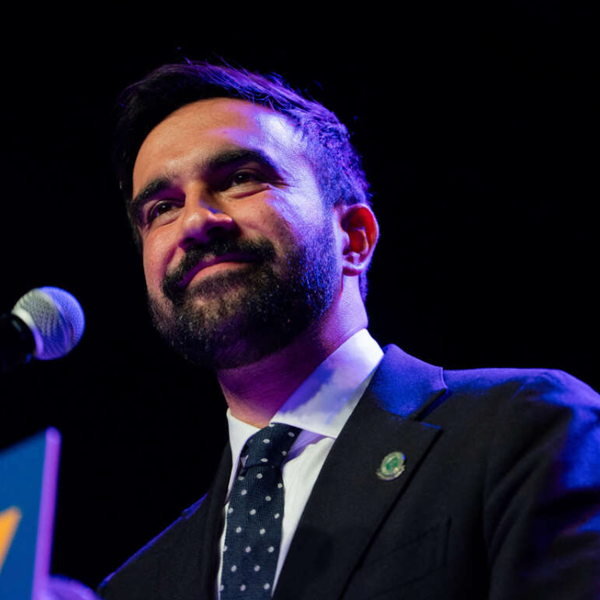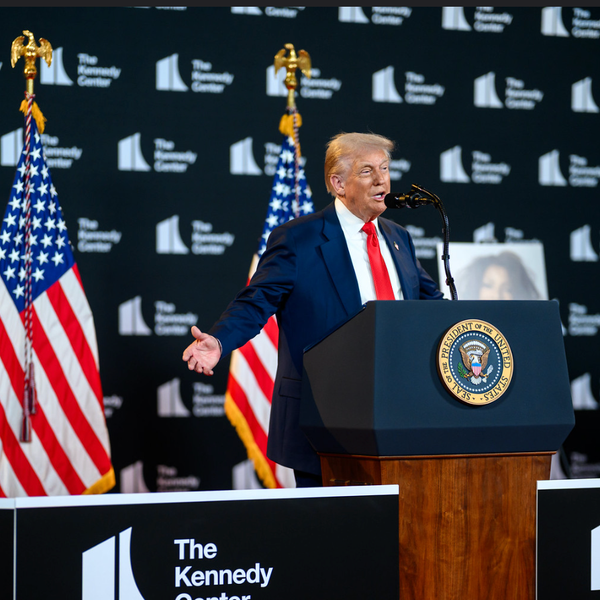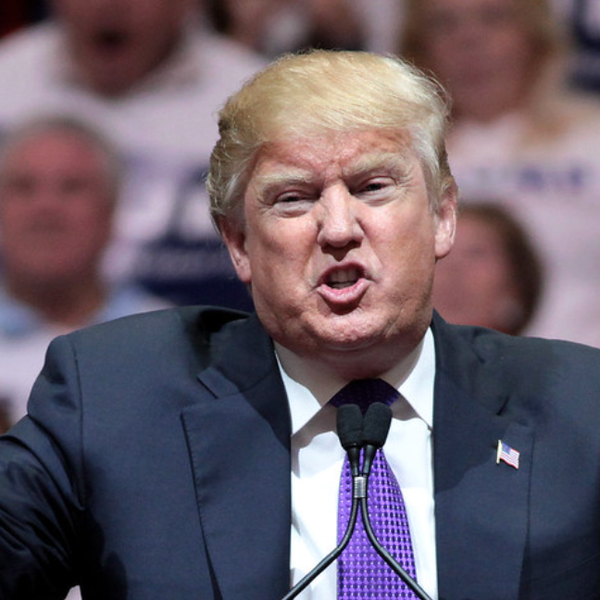
By Laura King, Los Angeles Times
CAIRO — To the surprise of almost no one, Turkish Prime Minister Recep Tayyip Erdogan formalized his bid for the presidency on Tuesday, with his ruling Justice and Development Party announcing that he would be its candidate.
Erdogan is widely expected to win the Aug. 10 vote, despite a difficult year that encompassed a harsh crackdown on protests, a corruption scandal that touched his inner circle and a brusquely insensitive response to a disaster that killed more than 300 coal miners. The prime minister was also mocked for a heavy-handed move against Twitter and other social media networks.
Winning the presidency would make Erdogan one of modern Turkey’s most durable political leaders, surpassed only by founding father Mustafa Kemal Ataturk. His Islamist-leaning party, known by its Turkish initials AKP, came to power in 2002, and Erdogan has been at center stage ever since — so much so that some refer to him as “the Sultan.”
Erdogan, 60, would hit a term limit as prime minister next year, so he had been expected to seek the presidency and to take what steps he can to enhance the powers of what is largely a figurehead post. The current president, party cohort Abdullah Gul, said over the weekend that he would not run for a second term.
The balloting on Aug. 10, which would be followed by a runoff round on Aug. 24 if there were no initial winner, marks Turkey’s first direct presidential election. There are two other candidates in the race, but neither is thought to have levels of support approaching those of Erdogan.
The prime minister’s track record in more than a decade of leadership is a mixed one. In his early years, Erdogan presided over strong economic growth and was held up as proof that democracy and a moderately Islamist worldview were not incompatible.
But the last year or more has seen a sharp slide toward authoritarianism and an accompanying erosion of ties with the West. Security forces violently put down demonstrations that were initially spurred by efforts to save a park in the congested heart of Istanbul but soon grew to reflect much broader discontent. The optics appeared to matter little to Erdogan; last month, Turkish police dragged away CNN correspondent Ivan Watson in the midst of a live broadcast on the protests.
Once aspiring to a role as regional conciliator, Turkey has lately quarreled with neighbors, alienating Egypt with outspoken support of its ousted Islamist president Mohamed Morsi, allowing passage to rebels heading to Syria to fight the regime of President Bashar Assad, and backing away from a role as Israel’s closest strategic partner in the Muslim world.
AFP Photo / Adem Altan
Interested in world news? Sign up for our daily email newsletter!








